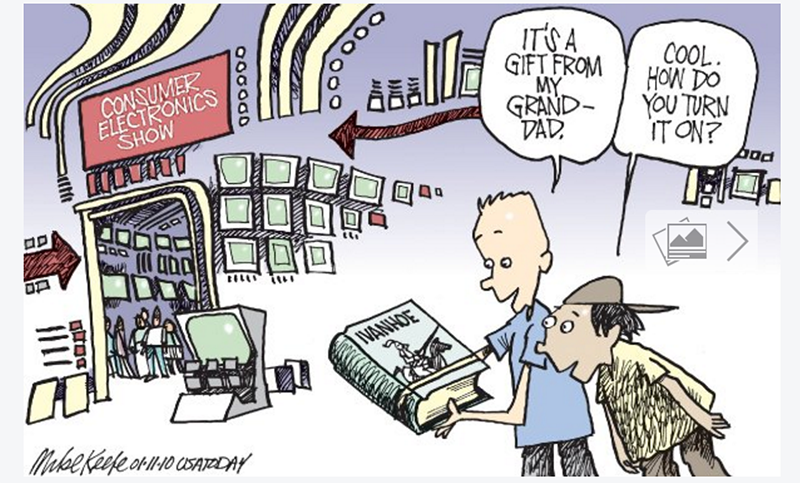
There has been a lot of discussion and debate about millennials. But what of Generation Z? We often do not hear about this group but they are also of interest and are increasingly gaining spending power. As such, social businesses should spend some time understanding their characteristics.
Generation Z is approximately defined as those that were born after 1995. According to Aubre Andrus (2015) writing for Sprout Social:
“Gen Z represents $44 billion in annual purchasing power in the US, according to a study by ad Agency Sparks & Honey, which for marketers, is definitely not something to ignore.”
With such a significant influence on the market, it is now time to understand what Generation Z wants, how they use social media and how they are different from millennials. This will help to future proof your business as this generation gains prominence.
Generation Z is basically anyone under 20 at the current time. It is explained that this group have not experienced life without a mobile phone, or without online video or social networking options. Generation Z is argued to largely spend the money it has online. The group has also been called “Digital Natives”. They are online a lot of their time. Generation Y differs from this because they do remember a time before mobile phones were ubiquitous, and they have watched the internet develop and grow. Generation Z however have always had screens in their lives, it is explained. They are used to laptops.
Generation Z is a Multiscreen Generation
Interestingly, it is described how Generation Z typically has five screens when compared with the two that Generation Y have. This has led to some quite striking differences in their use of internet, and particularly social networks and online activities. Experts have found that Generation Z is very selective about what they do online. It was seen with Generation Y that use of the internet was considerable, but Generation Z really focus in on what they are doing. They are still online a lot but are argued to use it as a means to an end rather than spending all the time on there somewhat aimlessly. An example offered is that of Snapchat. Generation Z loves this application. Yet Generation Z will use it to communicate with one friend or a small group rather than sharing to a whole feed full of people.
Another trend that can be seen is that Generation Z has been working on creating new things rather than simply sharing what others do. They typically take pictures and refine them until they are exactly how they want them. They specifically work on building skills like graphic design, video editing and development of applications. This is thought to be due to the fact that research shows that Generation Z would prefer to work for themselves rather than work for others. Interestingly, Generation Z is also shown to have a preference for imagery over text. They like pictures, videos and emojis, but are less bothered about long blog posts. This means that reaching them can be best achieved through YouTube, Instagram and Snapchat, among other similar types of sites. YouTube is their particular favorite.

All of this tells us that getting the attention of Generation Z can be best achieved by using certain sites over others, particularly Snapchat and YouTube. If targeting this group, these are good places to start. It is also thought that appealing to their “cause” side is worthwhile by showing them that getting involved is an important activity that they should be involved in. Marketers need to show Generation Z they are making a difference, it is explained. Finally, a motto that can be applied to Generation Z is argued to be “too long, didn’t read”. This means there is very limited time to attract the attention of this generation.
A More Conscious Generation
Generation Z is also found to be interested in causes. Specifically, research shows that their interests lie in global warming, gender equality, the cost of education and texting when driving, among others. They are interested in doing and helping rather than just looking at information online. They have been found to be particularly focused on wanting to have an impact. They care about the economy and social causes and have a concern regarding the way in which we are damaging our planet. Maybe this is the reason they are more interested in influencers than celebrities – a desire to change things for the better.

Paula Newton is a business writer, editor and management consultant with extensive experience writing and consulting for both start-ups and long established companies. She has ten years management and leadership experience gained at BSkyB in London and Viva Travel Guides in Quito, Ecuador, giving her a depth of insight into innovation in international business. With an MBA from the University of Hull and many years of experience running her own business consultancy, Paula’s background allows her to connect with a diverse range of clients, including cutting edge technology and web-based start-ups but also multinationals in need of assistance. Paula has played a defining role in shaping organizational strategy for a wide range of different organizations, including for-profit, NGOs and charities. Paula has also served on the Board of Directors for the South American Explorers Club in Quito, Ecuador.






























